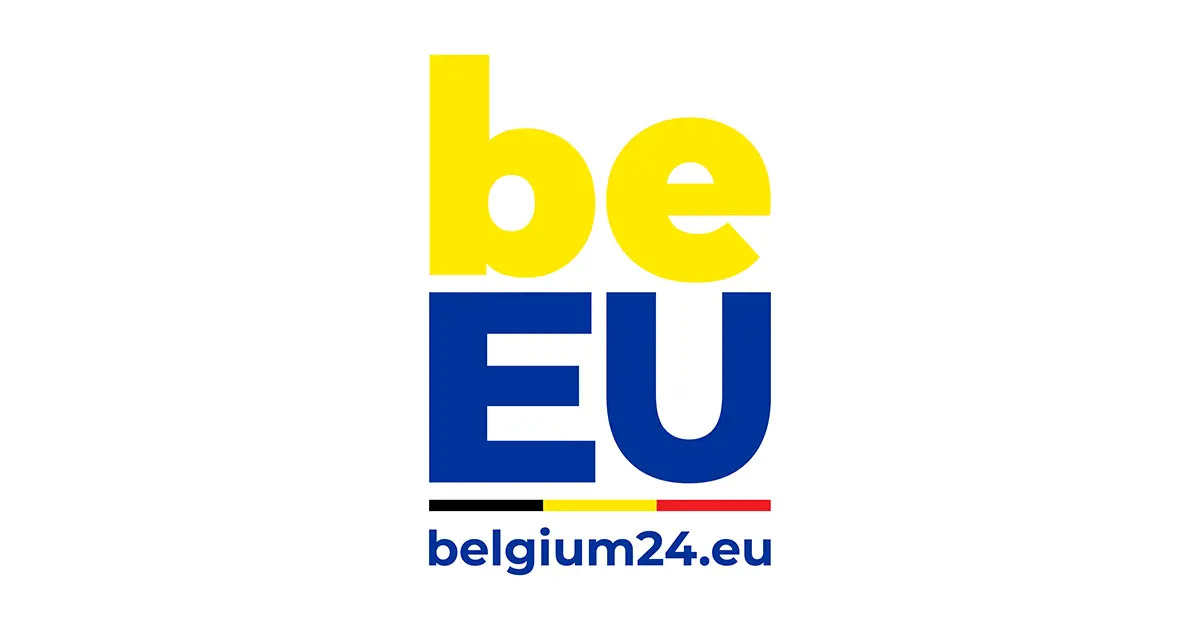The Hungarian delegation expressed its concerns in respect of the current state of play of the preparation of the track and trace system foreseen by the tobacco products directive.
Although Hungary fully supports the objectives of the directive, as recent measures in this field clearly demonstrates how committed the government is to reduce tobacco consumption, we are worried that contrary to all the good intentions, the whole system will have a negative benefit/risk ratio, and instead of attaining good outcomes, unintended effect will dominate.
Although the EU is trying to introduce a track and trace scheme in a geographically limited area, this will not be the case in third countries that are important source of illegal tobacco products. We are very concerned that as a result of a costly system, legal tobacco becomes more expensive, which makes illegal products more attractive and increases citizen’s exposure to increasingly unsafe articles.
In addition, in our view there is a high risk that the system enables big tobacco industry players to squeeze out their small competitors not being capable of bearing the development and operational costs. Any solution that eliminates competition is not acceptable for us.
Having said that, we are very concerned that the short (possibly just a couple of months) remaining time before the system becomes operational can only be met by investing even higher costs, therefore a later introduction should be considered and increased attention should be paid to small market operators.
At the Council meeting, the ministers exchanged their views of the health aspects of the European Pillar of Social Rights. Hungary fully shares the objectives of providing timely access to high quality, affordable preventive and curative healthcare services; however, this principle does not need the Pillar to prevail. We are also concerned about the indicators that allow for benchmarking without taking into account the specific contexts where member states operate their healthcare systems. On the other hand, Hungary recognizes that there are specific areas (highly priced health technologies, public health countermeasures, health workforce mobility) where the EU can help member states to improve access to healthcare.
The Hungarian Government supports and welcomes the two council conclusions on childhood obesity and on voluntary healthcare cooperation. The latter document clearly recognizes the pressure on Central-Eastern European Countries affected by health workforce outflow and promotes cooperation on ethical recruitment practices.



